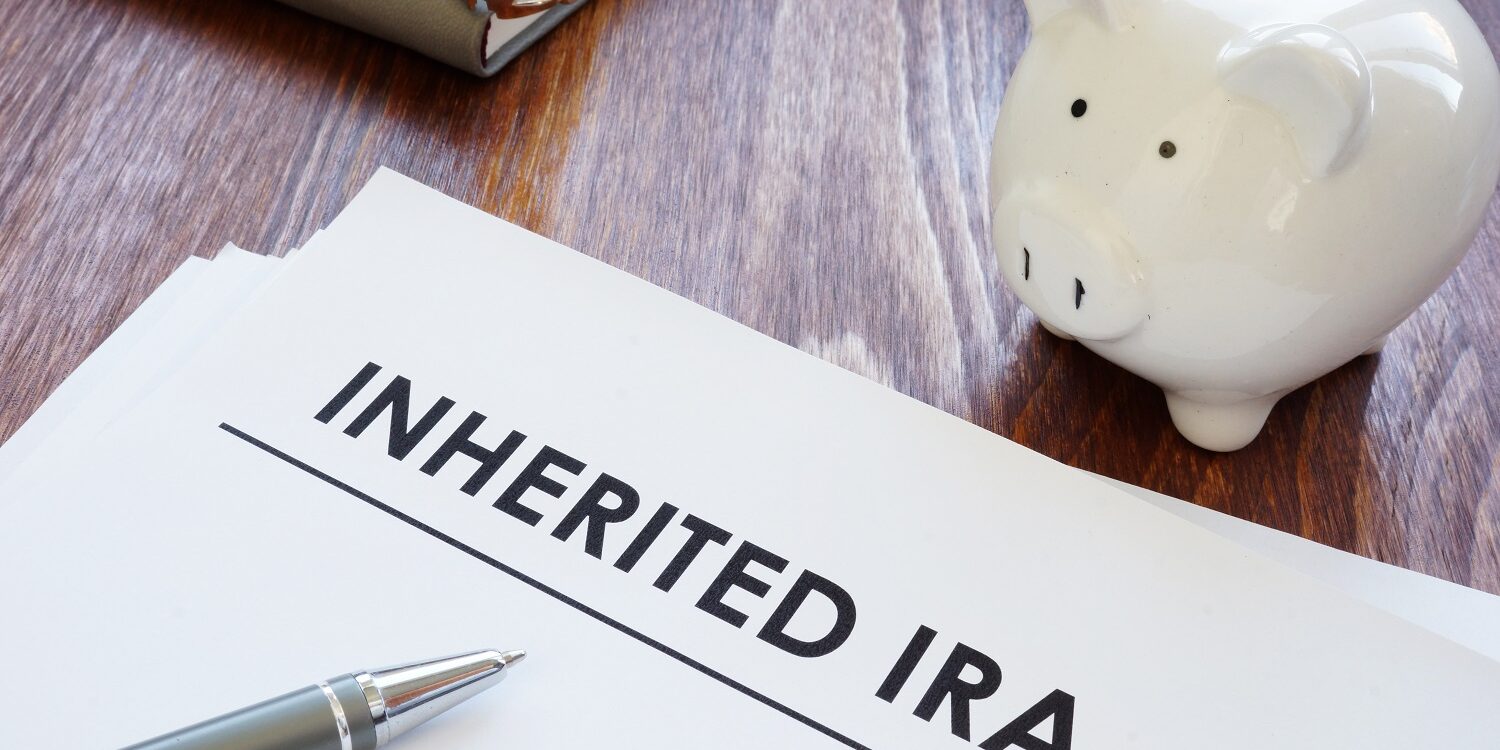 A Roth IRA is perhaps the most tax-friendly asset that an heir can inherit. However, the rules regarding distributions can be somewhat complicated. The Q&A below provides a brief overview of the rules regarding Inherited Roth IRAs.
A Roth IRA is perhaps the most tax-friendly asset that an heir can inherit. However, the rules regarding distributions can be somewhat complicated. The Q&A below provides a brief overview of the rules regarding Inherited Roth IRAs.
If I inherit a Roth IRA, what are my options?
- Since the passage of the SECURE Act in 2019, the rule for Inherited IRA distributions for most non-spouse beneficiaries is simple: the beneficiary must withdraw the entire IRA within a 10-year period.
- The beneficiary can take the entire amount immediately, can make withdrawals throughout the 10-year period, or wait until the end of the 10-year period to withdraw the entire balance.
- In the case of an Inherited Roth IRA, waiting until the end of the 10-year period preserves the tax-free nature of the Roth for as long as possible. Therefore, waiting until the end of the 10-year period provides the biggest tax benefit.
Are the distributions subject to tax and/or penalty?
- Withdrawals from an Inherited IRA, whether it is a Roth or Traditional IRA, are never subject to a 10% early withdrawal penalty.
- If the original owner of the Roth IRA had satisfied the 5-year rule, withdrawals are 100% tax-free. (For more on the 5-year rule, see below.)
- If the original owner did not satisfy the 5-year rule before they died, the beneficiary can satisfy the 5-year rule. If they do not, a portion of the withdrawal may be subject to tax.
What is the Roth IRA 5-year rule and how does it work?
- The 5-year rule states that five years must pass from the time of the first Roth IRA contribution for the withdrawal of any account growth to be considered tax free.
- The IRS looks at all ROTH IRA’s on a combined basis, so only one needs to meet the 5-year rule.
- Note that each Roth 401K account has its own 5-year rule, and a rollover from a ROTH 401(k) to a ROTH IRA resets the 5-year period even if the ROTH 401(k) had already satisfied its 5-year requirement.
- Because ordering rules deem that earnings are the last dollars withdrawn from a Roth IRA, withdrawals can still be tax-free before the 5-year rule is satisfied if the amount of the withdrawal does not exceed the Roth’s basis (original contributions plus any conversions).
If you have any questions regarding these rules, please contact our offices.

